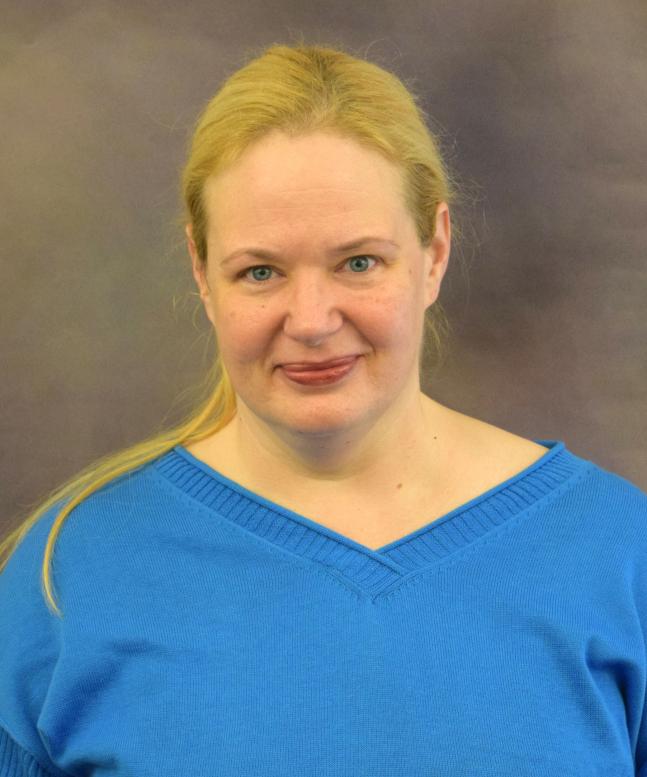The physical toll of the COVID-19 pandemic is measured in new cases and medical outcomes, but hidden costs of the pandemic are often borne by those who may never contract the virus.
The stresses of the pandemic and the restricted lives most Americans face have caused a surge in the demand for behavioral health services. This need comes not just from those already in care who find themselves cut off from their traditional appointments and groups, but also from individuals who might never before have needed behavioral health assistance.
Dr. Stephanie Saunders, PsyD, Director of Behavioral Health for Chase Brexton Health Care, discussed this growing need, how her staff has adjusted to meet the demand while keeping themselves and their patients safe, and how her providers have kept an eye on their own well-being and practiced self-care.
How much have Behavioral Health needs grown since the COVID-19 pandemic began? What sorts of needs are patients expressing?
BH needs have always been present in the communities CBHC is positioned to serve, and these multilayered needs have been better identified during the time of COVID. Fortunately, individuals are reaching out more, seeking help and being heard. The dynamics of isolation, separation, stress/ strain and loss have further intensified symptoms, and some community supports have also decreased during this time. Prior to COVID, there may have been reluctance in the past to seek professional help, due in part to the experience of navigating barriers to care. It is so important for patients to realize that they are not alone and that we are always here for them.
 How has your Behavioral Health team responded to this growing need?
How has your Behavioral Health team responded to this growing need?
We have further attached and aligned ourselves with the mission and vision statement of CBHC. Patients are the reason we are here. They give our work meaning. The work we do has become even more driven by patient need during COVID through the efforts to improve access. The saying “meeting the patient where they are at” has taken on a whole new meaning during the pandemic with telehealth services. In the past, we also tended to rely on longer term care models, and now there is increased flexibility and access with the use of shorter term models of care.
In what ways is a Behavioral Health telehealth session different from a traditional session? What should a patient expect from such a session?
The essential therapeutic factors of acceptance, change and growth all remain the same. With telehealth, the provider and patient are not physically in the same location, and if this is the first time meeting, both need to confirm identity and do introductions. It is always a privilege to be invited into a patient’s home to conduct a telehealth session. It is very important for the patient to make sure that there is a safe space that is free from distractions, and where the individual feels comfortable and safe speaking.
What adaptations have you made to group sessions, to support those who need access to that form of care?
Telehealth groups present their own unique challenges and opportunities. While telehealth has provided an opportunity for increased access to care for some of our patients, others have experienced intensified inequities during the time of COVID-19. We continue to work to expand access to all of our services to ensure no one is left alone during this difficult time. We are currently offering BH telehealth groups that focus on depression and anxiety, grief and loss, groups for transgender health, a Dialectical Behavioral Therapy (DBT) coping skills group and a Substance Use Therapy group. During the time of COVID, Intensive Outpatient Groups (IOP) for substance use treatment are not being offered via telehealth. We are continually being thoughtful about how best to meet the needs of our communities and patient input is invaluable in this process. Patients have voiced how critical group support is, and we have heard. Please stay tuned for more announcements about innovations in group telehealth in the near future.
How have you helped your Behavioral Health team monitor their own well-being, and practice effective self-care?
We always remind each other in the BH Department to “Take care of patients, each other, and ourselves.” The effectiveness of “self care” lies in realization that this concept is much more than words, formed in a causal greeting. Self care is a deeply held principle of compassion and humanity. There can be a tendency to neglect our own self care needs as healers and helpers, but “self compassion” needs to be as natural and frequent as breathing. Self compassion is comprised of moment by moment decisions and practices that are highly personalized and reflect one of our greatest values at CBHC, diversity. Team members are gently reminded to invite and engage in self care as an honoring and validating priority in their lives.
For more about Chase Brexton’s Behavioral Health services, visit www.chasebrexton.org/behavioralhealth and www.chasebrexton.org/substanceuse.
News
